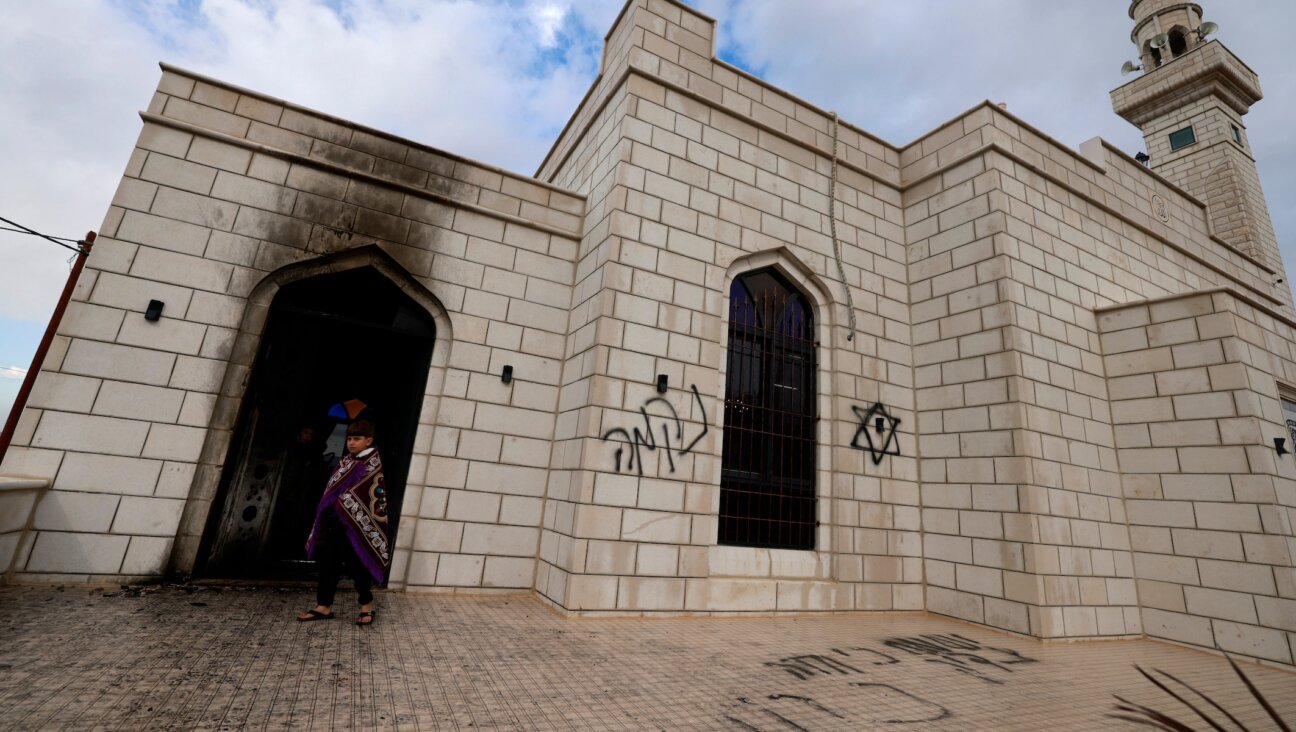Reformists, Conservatives and Other Iranians
A sense of dread befell the world last Friday: New Iranian president Mahmood Ahmadinejad is an extremist, a lover of nukes, a Beckham-hater, a believer in the separation of the sexes. To cut a long story short: Prepare for war. One could sense the disappointment that crossed the ocean with the news that former president Hashemi Rafsanjani, the “liberal” and “the champion of human rights,” failed to get elected.
So how does Iran — which ever since the revolution in 1979 has been seen as an entrenched foundation of the axis of evil, has had sanctions imposed on it by the United States, and in the past two years has come under threat of war from both the United States and Israel — spring a surprise by simply fulfilling expectations?
The answer to this question can be found in the erroneous perception according to which Iran is aligned around two polar opposites: reformists and conservatives. The reformists want Western democracy; the conservatives want the West’s soul. The reformists are opponents of nuclear arms; the conservatives want an atom bomb in every backyard. The reformists support a free economy; the conservatives want the state to control the economy.
And lo and behold, after eight years of rule by a “reformist” like Mohammed Khatami, it is difficult to distinguish between the two streams. Khatami, for example, is opposed to a change in the unique Iranian system of government in which the supreme spiritual leader is also the supreme political leader. The man who served as speaker of the parliament, Mehdi Karroubi, is actually a liberal, but neither does he want to change the system; and the same goes for the brother of the spiritual leader, Hadi Khamenei.
Hundreds of thousands of students, who make up the liberals’ public infrastructure, voted for Ahmadinejad, and not for their “natural” candidate, Mustafa Moin, a relative of Khatami. It also turns out that spiritual leader Ali Khamenei is encouraging foreign investments in Iran, while the “moderate” candidate, Rafsanjani, is perceived as an economic reactionary due to his vast wealth and involvement in governmental corruption.
The confusion is even greater when one realizes that support for Iran’s nuclear armament crosses party lines, as does the attitude toward the United States. When President Bush defined Iran as part of the axis of evil, thousands of reformists joined conservatives in demonstrations against the United States. These are the same reformists who lit candles in solidarity with Americans in the wake of the Al Qaeda terrorist attacks on September 11, 2001. These are the same Iranian residents who, in a poll conducted in Iran some two and half years ago, declared their support for the renewal of dialogue with Washington.
The Iranian public did not “betray” Washington in last week’s elections. It simply remained an Iranian public that considers first its government’s internal policy, its economic situation and its national pride. It did not elect the man who let it down over the past eight years or promised new relations with America, but the man who promised jobs for 30% of the unemployed and welfare programs for the poor — just as any public anywhere else in the world would do.
Furthermore, the reformists did not have an election promise from Bush that they could wave around and vow that the United States would change its policy toward Iran if the president was elected from among them. In fact, Washington — which is now so frightened by the results of the election — did not do much at all to bolster the reformists over the past eight years, thus allowing Russia, China, India and Pakistan to become stronger allies and wield a greater influence over Iran.
Is Iran now more frightening than ever? Not necessarily. Iran is not an insane state, and its citizens, despite the oppression, know how to rally the street into action when things are bad for them. They were the ones who elected more liberal representatives as a result of their disappointment with the representatives of the revolution, and they are the ones who changed the government now.
Zvi Bar’el is the Arab affairs columnist for Ha’aretz, where this article was originally published.
A message from our Publisher & CEO Rachel Fishman Feddersen

I hope you appreciated this article. Before you go, I’d like to ask you to please support the Forward’s award-winning, nonprofit journalism during this critical time.
We’ve set a goal to raise $260,000 by December 31. That’s an ambitious goal, but one that will give us the resources we need to invest in the high quality news, opinion, analysis and cultural coverage that isn’t available anywhere else.
If you feel inspired to make an impact, now is the time to give something back. Join us as a member at your most generous level.
— Rachel Fishman Feddersen, Publisher and CEO





















